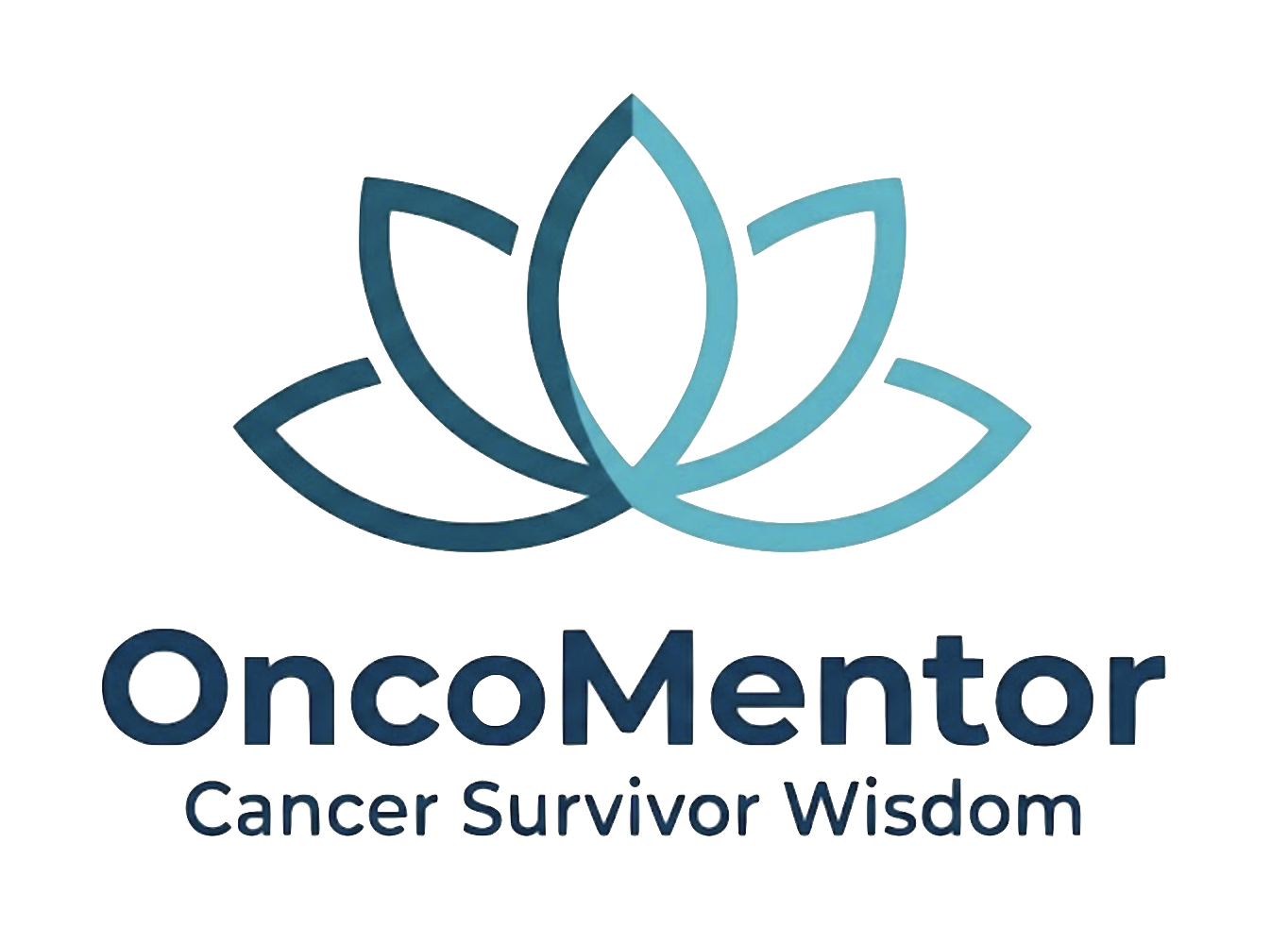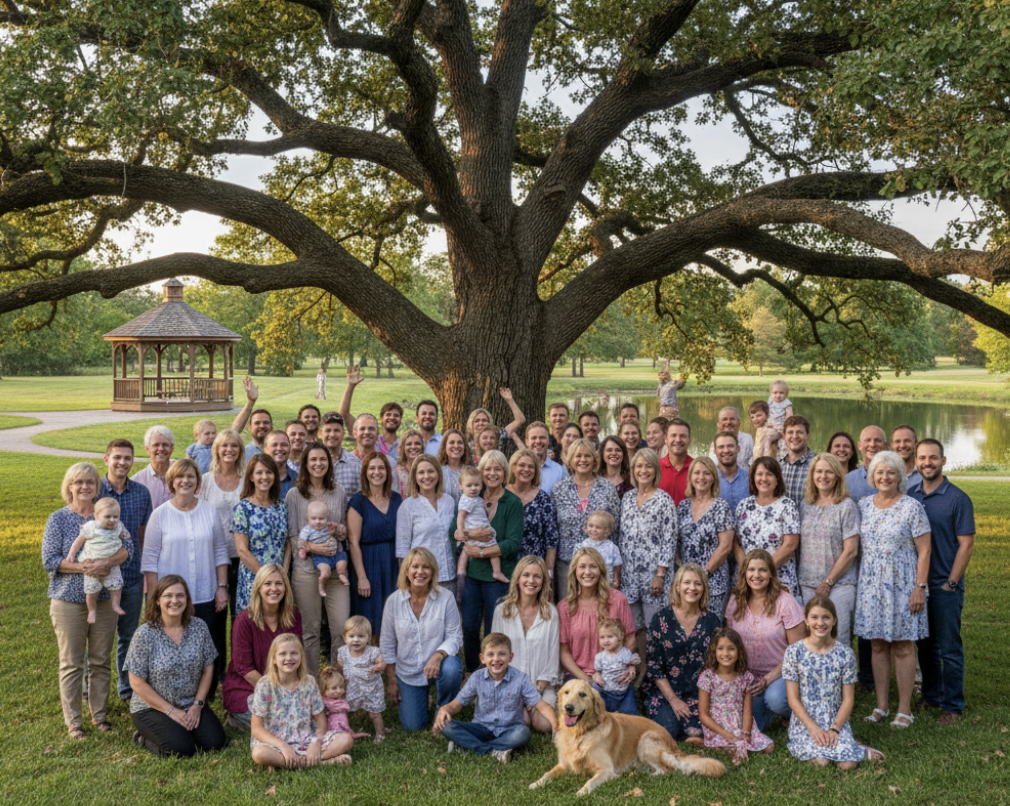For many cancer survivors, the journey toward healing often unveils a deeper landscape: the genetic blueprint of their family. Understanding one's familial cancer risk, while empowering for personal health decisions, frequently opens a complex chapter involving relatives who may not be ready, or even willing, to confront their own potential predispositions. This delicate dance between the desire to inform and a loved one's right to remain unaware forms a significant emotional and social challenge for survivors, as illuminated by recent guidance from leading cancer organizations and academic research.
The decision to undergo genetic testing is rarely an isolated act; its results can reveal a shared genetic legacy that extends to parents, siblings, and children. This interconnectedness can introduce a spectrum of social challenges. A survivor might grapple with feelings of guilt, fearing they have "passed on" a genetic variant, or experience anxiety about how family members will receive the news. Existing family dynamics, too, can be amplified by such profound medical information.
One of the most significant hurdles identified by experts is initiating conversations with relatives who may hold differing views on medical knowledge. Some family members may welcome the information as a crucial opportunity for early detection and preventive measures. Others, however, might respond with apprehension, denial, or even resentment, preferring to live without the weight of potential future risk. This concept, often termed the "right not to know," is a vital ethical consideration. Survivors often find themselves balancing a deep sense of responsibility to share potentially life-saving information with an equally strong desire to respect a family member's autonomy.
The process of communicating this sensitive information requires careful thought. Resources from the American Cancer Society emphasize the importance of strategic planning, including choosing the appropriate time and setting for the discussion, and preparing for a range of emotional responses. Having accessible resources, such as contact information for genetic counselors, can also support these conversations. The aim, as advised by the patient advocacy group FORCE (Facing Our Risk of Cancer Empowered), is to share information in a supportive manner, devoid of coercion, thereby allowing each family member the space to make their own informed decision about pursuing testing.
Academic research, such as a framework published in PubMed Central, underscores the multifaceted nature of genetic risk communication within families. This framework highlights various factors that shape how and if information is shared, including existing family relationships, individual beliefs about health and illness, and the communication skills of the person conveying the news. These insights suggest that successful communication is not merely about relaying facts, but also about understanding the relational and psychological contexts.
The burden of these intricate family discussions often falls on the cancer survivor, who may already be navigating their own recovery. This underscores the critical need for robust support systems, including healthcare providers, genetic counselors, and patient support groups. These resources can equip survivors with the necessary tools and guidance to manage complex family conversations and to process the emotional aftermath, regardless of their relatives' ultimate decisions.
Ultimately, navigating familial cancer risk is a deeply personal odyssey, with no universal solution. It demands empathy, respect for individual choices, and transparent communication. For cancer survivors, it represents another profound dimension of their experience, one that vividly illustrates the intricate connections between family, personal health, and the very codes within our genes. The goal remains to empower individuals with knowledge while recognizing the diverse ways families cope with and integrate such impactful information into their lives.
This article is for informational purposes only and does not constitute medical advice. The content is not intended to be a substitute for professional medical advice, diagnosis, or treatment. Always seek the advice of your physician or another qualified health provider with any questions you may have regarding a medical condition. Never disregard professional medical advice or delay in seeking it because of something you have read in this article.
American Cancer Society. (n.d.). Talking with Family Members About Genetic Testing. Retrieved from https://www.cancer.org/cancer/risk-prevention/genetics/genetic-testing-for-cancer-risk/talking-with-family-members-about-genetic-testing.html
Facing Our Risk of Cancer Empowered (FORCE). (n.d.). Sharing Health Information with Your Family. Retrieved from https://www.facingourrisk.org/info/hereditary-cancer-and-genetic-testing/sharing-with-family/sharing-genetic-information-with-children
Petrucelli, N., & Offit, K. (2013). A family genetic risk communication framework: guiding tool development in genetics health services. Familial Cancer, 12(2), 241–250. https://www.ncbi.nlm.nih.gov/pmc/articles/PMC3666832/





